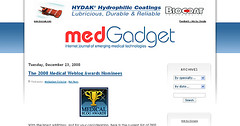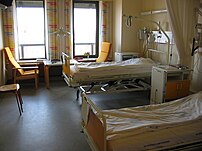Prozac or ( Fluoxetine Hydrochloride ) is a commonly used antidepressant in clinical practice. It has shown excellent results and is often used by people/patients even without proper prescriptions. Is that safe??
Below is a slideshow i have prepared detailing a few important facts about Prozac use. Also incorporated is a video which will further enhance comprehension about this widely used drug.
![Reblog this post [with Zemanta]](http://img.zemanta.com/reblog_a.png?x-id=e89afc19-7359-4b21-849b-48d6fe86ff44)

![Reblog this post [with Zemanta]](http://img.zemanta.com/reblog_a.png?x-id=3bad9a48-972d-469f-acbe-58710c5883e4)

![Reblog this post [with Zemanta]](http://img.zemanta.com/reblog_a.png?x-id=eb6230c2-0319-4046-9b87-c869252c47be)

![Reblog this post [with Zemanta]](http://img.zemanta.com/reblog_a.png?x-id=9a872465-6dda-43d5-9422-4ab197a1c632)
![Reblog this post [with Zemanta]](http://img.zemanta.com/reblog_a.png?x-id=3e147898-39f0-4e4a-ac40-9542df9172f3)